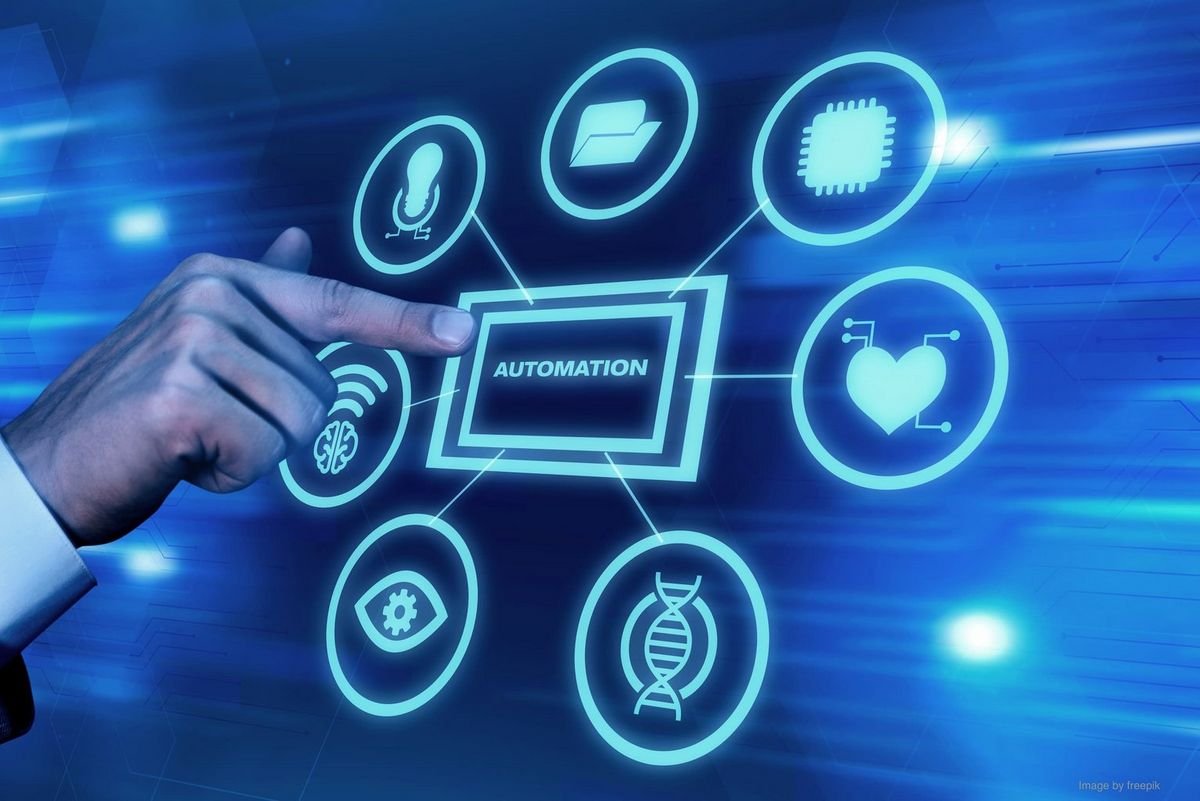Automation in Healthcare: Redefining the Patient Experience

In today’s rapidly evolving healthcare landscape, Automation in Healthcare is transforming the way medical institutions operate. From streamlining administrative tasks to enhancing the quality of patient care, automation is becoming a key player in creating more efficient and effective healthcare systems. However, it’s important to note that automation isn’t about replacing human roles but empowering healthcare workers to focus on what truly matters—patient care.
What is Automation in Healthcare?
Automation in healthcare refers to the use of technology to perform tasks that would traditionally require human intervention. This includes everything from managing patient records to automating billing processes. By integrating advanced software, robotics, and artificial intelligence (AI), healthcare facilities are able to reduce manual errors, save time, and improve overall efficiency. The ultimate goal is to enhance the patient experience while supporting healthcare professionals in their roles.
The Role of Automation in Streamlining Operations
One of the major advantages of automation in healthcare is its ability to streamline operations. Healthcare providers face the challenge of managing large volumes of data and administrative tasks, which can lead to inefficiencies and errors. Automation helps address these issues by:
- Improving Workflow Efficiency: Automated systems can handle repetitive tasks like scheduling appointments, managing patient records, and processing billing information, allowing healthcare providers to focus more on patient care.
- Reducing Human Error: Automation minimizes the chances of mistakes, such as errors in patient data entry or medication prescriptions, leading to more accurate diagnoses and treatment plans.
- Faster Patient Processing: Automated check-in systems, appointment scheduling, and billing help reduce wait times, ensuring that patients receive quicker attention without compromising care.
Enhancing the Quality of Patient Care
While automation greatly improves operational efficiency, its most significant benefit is its impact on patient care. By reducing administrative burdens, healthcare professionals are freed up to spend more time with their patients. Some of the key ways automation enhances patient care include:
1. Personalized Patient Experience
Automation tools enable healthcare providers to collect and analyze patient data more effectively. This allows for the creation of personalized treatment plans, tailored to the specific needs of each patient. With automated systems managing patient history, appointments, and follow-ups, doctors can focus on providing individualized care without being bogged down by paperwork.
2. Reducing Wait Times
Automation helps minimize patient wait times by automating appointment scheduling, reminders, and check-in processes. Automated systems ensure that patients are seen in a timely manner, enhancing their experience and reducing frustration.
3. Real-time Monitoring and Alerts
Automated monitoring systems can track patients’ vital signs and health data in real-time. This enables healthcare providers to receive immediate alerts if a patient’s condition changes, allowing for timely intervention and better patient outcomes.
Supporting, Not Replacing Human Roles
A common concern about automation in healthcare is the fear that technology will replace human workers. However, the reality is that automation is designed to support healthcare professionals, not replace them. Here’s how automation empowers healthcare workers:
1. Empowering Healthcare Workers
By automating routine tasks, healthcare workers can dedicate more time to direct patient care and meaningful interactions. Automation also allows for better coordination among healthcare teams, as automated systems can seamlessly share patient information and medical histories, improving communication.
2. Reducing Burnout
Healthcare professionals often face long hours and high-stress environments. Automation reduces their workload by taking over administrative tasks, allowing them to focus on providing the best care possible. This helps reduce burnout and promotes a healthier work-life balance for healthcare providers.
3. Improving Decision-Making
Automation also helps healthcare providers make more informed decisions. AI and machine learning algorithms can analyze patient data and provide insights into potential diagnoses or treatment plans, helping doctors make faster and more accurate decisions. These systems serve as valuable decision-support tools, not replacements for human expertise.
The Future of Automation in Healthcare
As technology continues to evolve, the future of automation in healthcare looks promising. We can expect to see more sophisticated automation systems that integrate AI, robotics, and machine learning into patient care. Innovations like robotic surgeries, AI-powered diagnostic tools, and automated medication dispensing are just the beginning.
However, the key to success will lie in finding the right balance between automation and human touch. While automation will continue to streamline operations and enhance patient care, healthcare professionals will remain at the heart of the system, providing the empathy, expertise, and personalized care that machines cannot replace.
Conclusion
Automation in healthcare is revolutionizing the industry by improving efficiency, enhancing patient care, and supporting healthcare professionals in their roles. Far from replacing human workers, automation empowers them to provide better care by reducing administrative burdens and allowing for more focused, personalized patient interactions. As technology continues to evolve, the future of healthcare will be defined by a harmonious integration of automation and human expertise, ultimately leading to better outcomes for both patients and providers.
For more insights into how automation can improve healthcare operations and empower professionals, visit our blog on automation in healthcare.




